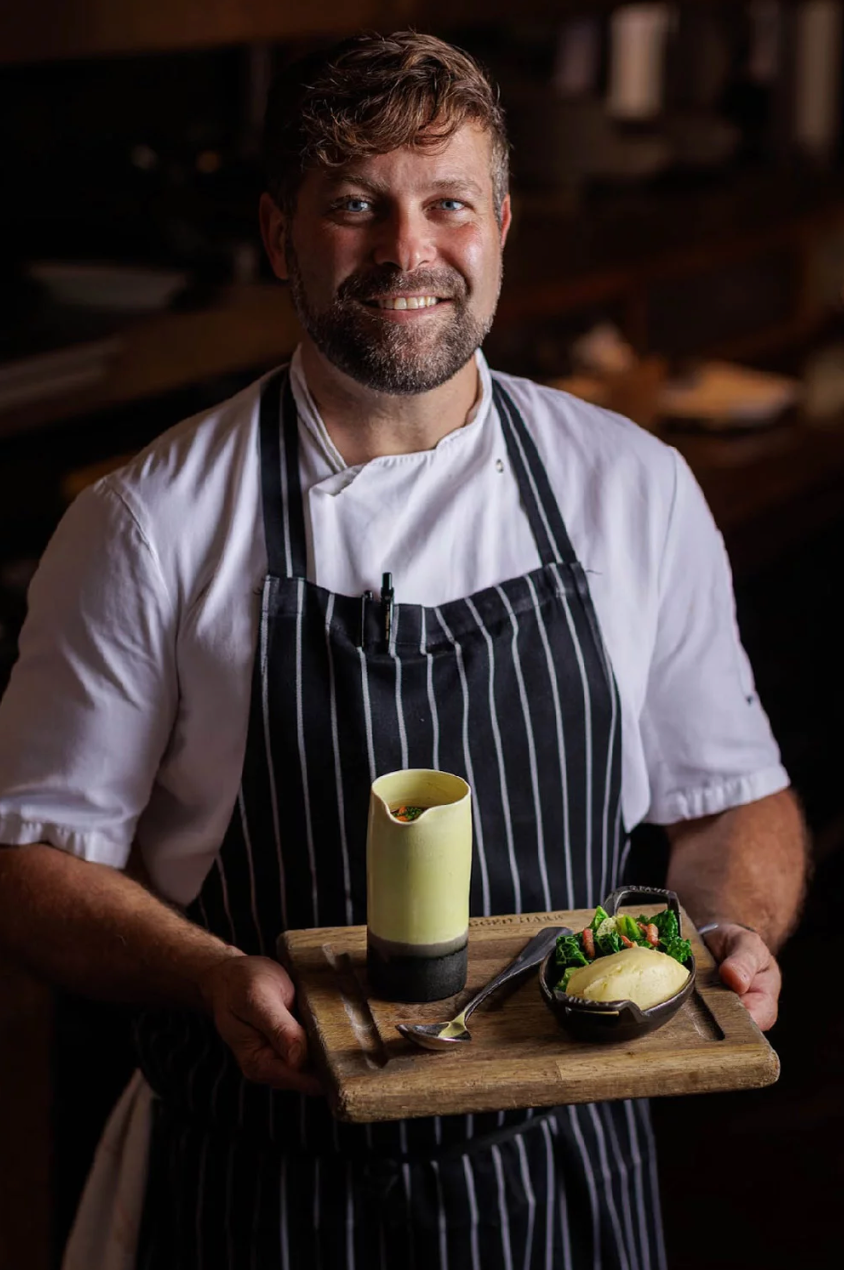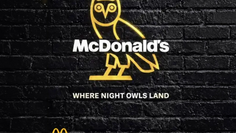Raf Liuth of The Jugged Hare Discusses His Zero-Waste, Nose-To-Tail Culinary Approach
- Stacey Leasca
- Sep 1, 2025
- 4 min read
Raf Liuth serves as the head chef at The Jugged Hare in Barbican, a British restaurant characterized by its nose-to-tail philosophy. He manages a daily evolving menu, crafting each day's selections from fresh, available ingredients, including those often disregarded by others.

Raf, hailing from rural Brazil, was raised in a vegan household that eschewed grocery purchases. This initial experience cultivated his reverence for ingredients and influences the zero waste philosophy he applies in the kitchen today. To minimize waste, all items are utilized at their optimal state or kept manually. Apple peels transform into vinegar, trimmings are utilized for charcuterie, and the conclusion of blood orange season has yielded a new batch of arancello. This limitation ignites creativity, uniting fermentation, aging, and intuition. In an industry where certain elements are exalted while others remain overlooked, Raf perceives no hierarchy, only substances, each deserving of attention.
Your culinary craft is infused with scientific curiosity. What insights have you gained on the connection between chemistry and nutrition?
Both are inherently linked. The perception of flavor arises from the equilibrium of salt, acid, fat, and sweetness in our daily consumption. Consider salt; its addition to fish not only enhances flavor but also initiates a chemical reaction that alters our perception and experience of the food. To me, cooking is fundamentally a sequence of regulated chemical experiments, aimed at achieving the distinctly human objectives of enjoyment and sustenance.
Which individual or experience has inspired you the most, considering your time with Claudio Sadler, Gordon Ramsay, and Sally Clarke in Notting Hill?
I have had the privilege of working in a diverse array of kitchens, ranging from little family trattorias to large brigades of thirty cooks, and from rustic home cuisine to two Michelin star establishments. Each individual has made an impact, although I would assert that Sally Clarke exerted the most significant influence on our current practices at The Jugged Hare. Her emphasis on daily evolving menus, her strong connections with suppliers, and her commitment to utilizing only seasonal ingredients are principles I uphold daily.
What is your strategy for minimizing waste?
At The Jugged Hare, we consistently utilize complete animals. The goat serves as an exemplary model. We will utilize the entire animal, producing exquisite cutlets, loins for skewers, curry shanks, belly, broth, merguez sausages, and our renowned goat nduja. It pertains to honoring the animal and optimizing the benefits it provides. One of the numerous methods we employ to minimize waste is the fermentation of apple sauce scraps into homemade apple cider vinegar, which complements our pork belly.
As you state: 'a lobster is unaware of the value of a tomato.' Regardless of whether it is a premium cut or a modest veggie, how can you recognize potential in each ingredient?
It is an amusing adage, although I believe it holds significant truth. Frequently, when I have requested delicacies such as lobster thermidor, crab tagliolini, or tournedos rossini—each exceptional in concept—they disappoint when prepared without diligence and skill. Conversely, uncomplicated components prepared with fervor can astonish and create a more enduring impression on me. Davide Oldani in Milan is renowned for his specialty dish including caramelized onion.
From root to stem and nose to tail, nothing is wasted. What is the significance of this to your craft?
It represents a reversion to a recent past, particularly in rural areas, where access was limited to local resources. During spring, fennel stems may be incorporated into salads, while in late summer or autumn, the bulb can be roasted, sliced raw, or transformed into soup. Initially, the offal from the pork would be consumed, while certain cuts would be cured, others transformed into salami, and offcuts kept in fat for winter storage.
At The Jugged Hare, we strive to reflect that methodology universally. Indeed, it pertains to whole animal butchery and in-house charcuterie, as well as the pickles and vinegars we ferment from trimmings that would otherwise be discarded. All entities are bestowed with a renewed existence. Honoring food and cooking in harmony with the seasons is not only sustainable but also compels us to exercise creativity daily and utilize ingredients in various manners.
What do you find most enjoyable about your experience at The Jugged Hare?
I advocate for the liberty to reinterpret classics and innovate new dishes in accordance with our principles. A daily changing menu presents a significant task, however it continually inspires us.
What are your aspirations for the next decade?
I have not yet determined if I will return to Brazil or acquire my own residence.
What was the first dish you learned to prepare?
My initial experience in cooking occurred when I was approximately nine years old. I was aware that my mother was returning from the city, which was a considerable distance from our rural home, and I aimed to have lunch prepared as a surprise for her. I prepared spaghetti and carrots simultaneously, which I considered an ingenious notion at the time. Although it may not have been significant, that moment marked my realization of the desire to acquire proper culinary skills.
Where are you when you are not in the kitchen?
Typically outside. I enjoy traversing natural landscapes and investigating the historical significance of the locations I explore. However, I frequently find myself at home repairing something. I derive great pleasure from do-it-yourself activities.
What is your foremost recommendation for foraging?
Undoubtedly, the primary aspect is to engage in outdoor activities consistently, since there is something to discover nearly every month of the year. I particularly relish outdoor activities in June and July due to the abundant natural resources.
What has been your favorite meal of all time?
Selecting a singular experience is challenging; nonetheless, few years prior, I dedicated a fortnight to traversing southern Italy by car. In Altamura, I located one of Italy's oldest ovens renowned for its sourdough baking. Concealed within little lanes devoid of signage, I was elated to discover it. I spoke with the locals about the location of quality burrata, and they guided me to a venue where the cheesemaker instructed me to wait for it to be prepared fresh. That evening, in the RV, dinner consisted just of bread, burrata, and olive oil that I had acquired locally. It was remarkably uncomplicated, yet it stands as one of the finest culinary experiences of my life.









Comments